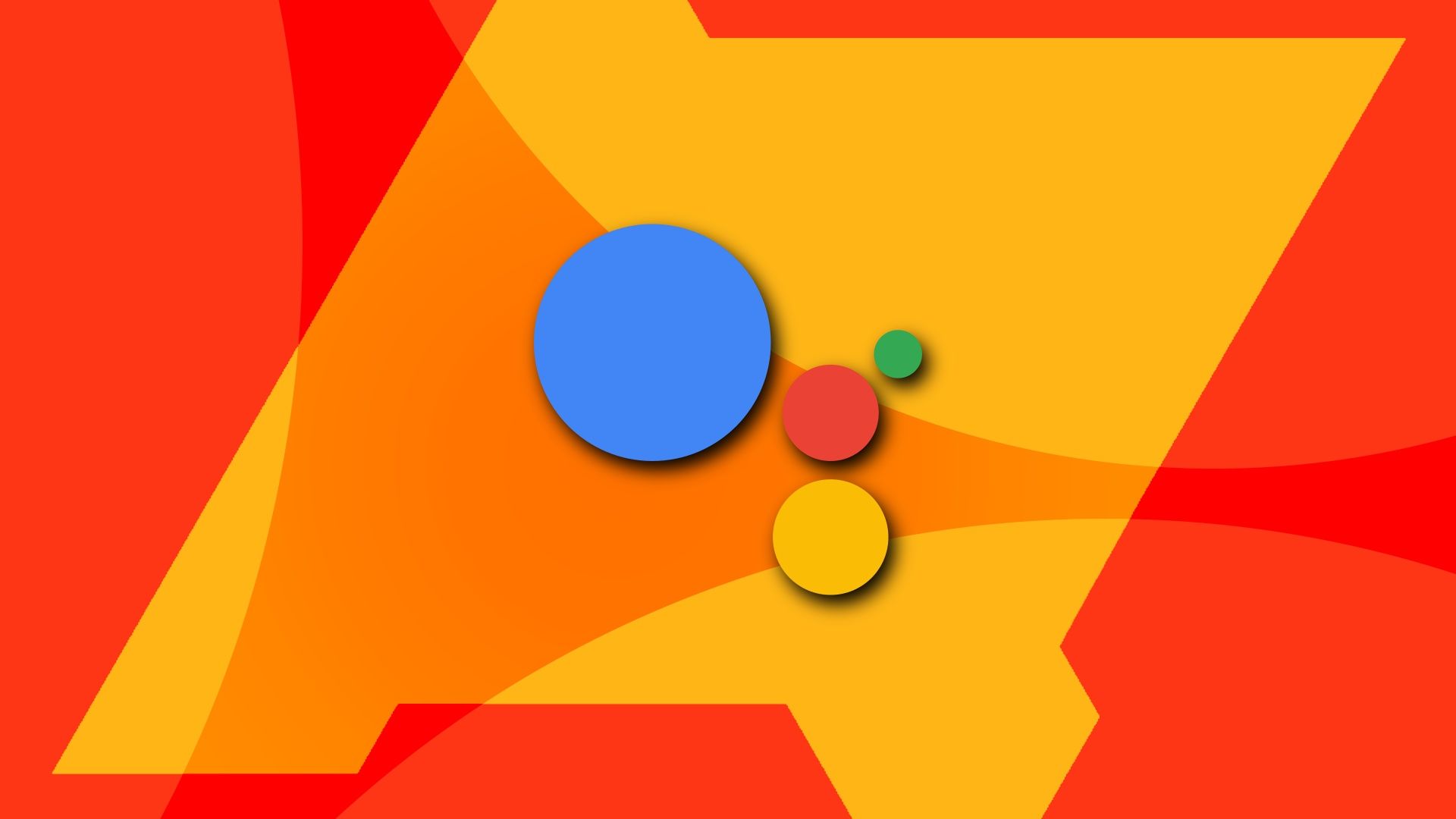Google Assistant makes a lot of stuff happen in a lot of smart home devices at the whim of one's voice. But just because you've said to turn on the lights doesn't mean the lights you want will get turned on. That's where Assistant's latest upgrade comes into play.
As announced in Google's Nest Community, over the next few weeks, Google Assistant users may notice an improvement in contextual recognition when turning their smart appliances on and off. This context includes accounting for the device you're talking to and the room it is in to figure out which lights you're talking about — for example, telling the Home Mini in your kitchen to "turn on the lights" should only affect the lights in the kitchen. That kind of understanding will be especially useful when talking about a device like a robot vacuum and telling it to clean specific rooms of the house.
Assistant will also be able to understand commands referring to partial or full device names, so mentioning "kitchen lights" or even "lamp" if you just have one of those in the house shouldn't turn on the lights in the shed for some reason or, worse yet, not do anything.
As such, the company warns some users may find that the way they talk with Google Assistant may not work after the changeover and that they may need to adjust their manner accordingly. Comments are welcome in the Voice Command Feedback forum.
These aren't exactly giant leaps in machine-learned language understanding like GPT-3 or Google's own LaMDA might be able to provide, but even small improvements are part of the adventure of tech advancement.

